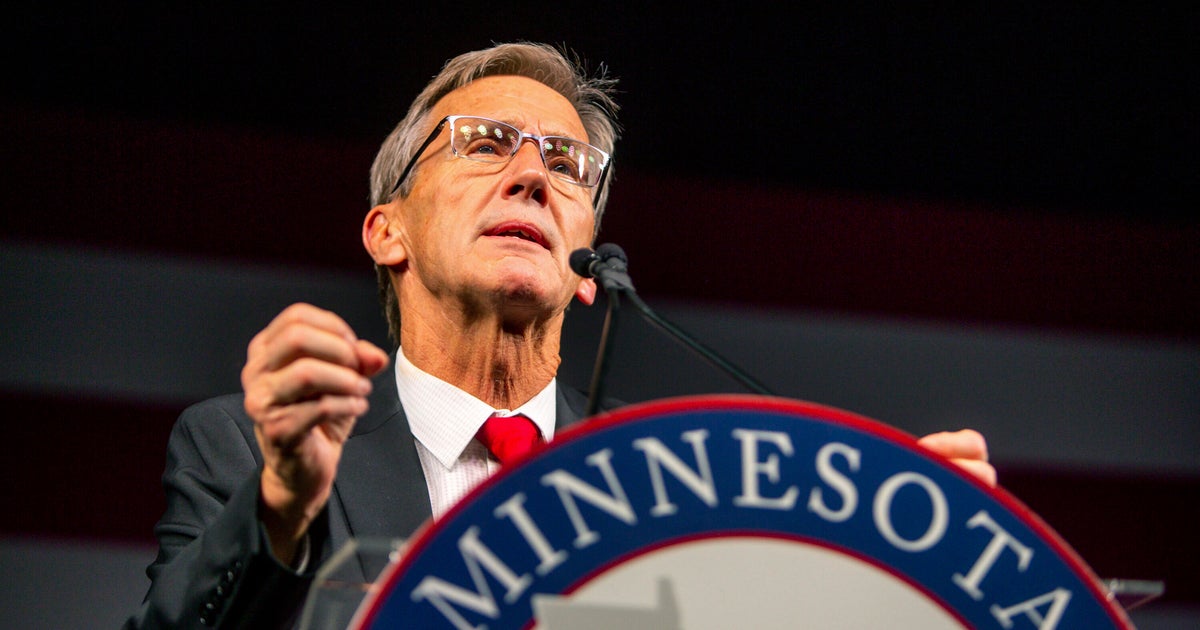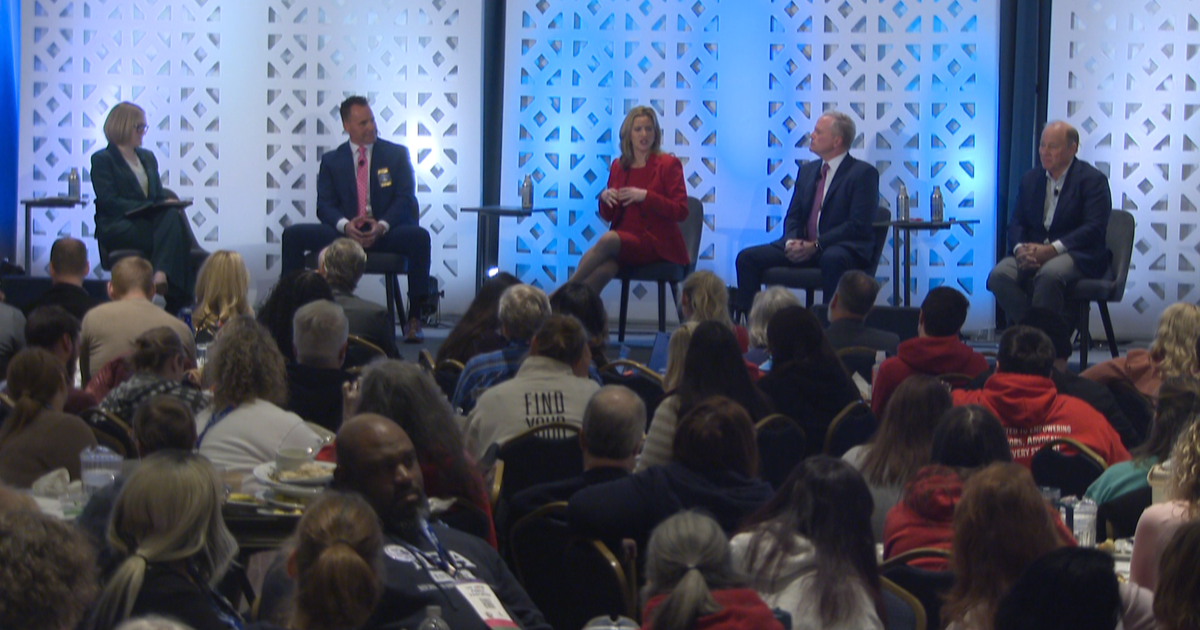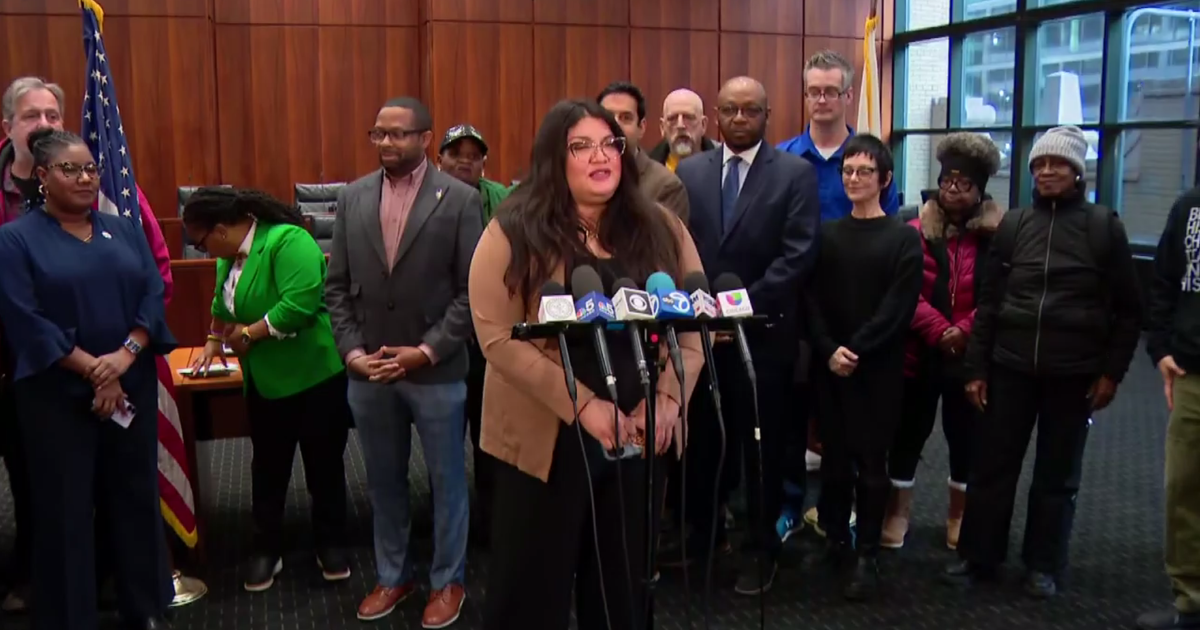CBS 2 School: A Legacy Undecided
In promoting his new book, "Decision Points," George W. Bush has wisely observed that his presidential legacy won't truly be defined until after he is dead. But the former president has made a hearty effort to shape that legacy with the publication of the book.
In this first-hand account of his presidency, Bush details 14 of his most crucial decisions during his eight years as president. In our second-hand account of his presidency, the 2 Teachers offer our insights on 5 decisions that could have prevented his presidency ending with such dismal public approval.
1. Deflate the bubbles before they burst
Bush was president during the implosion of two monumental economic bubbles. Early in his presidency the tech bubble burst as sky-high stock values of tech companies crashed back to reality. At the end of his presidency, the sky-high values of real estate came crashing down and nearly triggered a collapse of our financial services infrastructure.
While we know presidents usually only impact economic cycles from the margins, federal regulators and the Federal Reserve Board did much too little to deflate these bubbles before their devastating bursts.
2. Eye on Osama
The United States had to use military force to respond to the terrorist attacks of 9/11/2001. But the wars in Afghanistan and then Iraq turned into much wider military engagements that drained our resources and empowered our enemies. Afghanistan started as a military engagement to capture the 9/11 terrorists but became a war to establish a stable government in a country that has never even seen itself as much more than a collection of tribes. Meanwhile, we invaded Iraq to pre-empt a more dangerous attack against us. But our efforts to rebuild a government there helped its neighbor, Iran, gain even more power in the region.
Meanwhile, Osama bin Laden is still at large.
3. Just say no to big government
Bush initially rejected the idea of creating a new cabinet department in the wake of the 9/11 terrorist attacks. Then he reversed his decision and oversaw the largest restructuring of the federal government in 50 years. During this time, the Federal Emergency Management Agency lost is bureaucratic independence as it was placed inside the gargantuan Department of Homeland Security.
Hurricane Katrina was the first huge natural disaster to hit after this bureaucratic reshuffling and clearly caught FEMA unprepared. The Bush White House realized this much too late, and W was left looking aloof and unsympathetic at a time when his leadership needed to shine.
4. Immigration earlier
Before the 9/11 attacks, Bush had been working with Mexican President Vicente Fox on a comprehensive immigration reform deal. 9/11 instantly changed our country's attitude about allowing easier access across our borders leaving Bush to tackle immigration in his second term.
In the end, Bush took the courageous stand to tighten border security while granting amnesty to illegal immigrants who had no criminal records. The bill came incredibly close to passing Congress even with W's waning popularity.
Had Bush been able to package increased security measures with commonsense immigration reform in the initial months after 9/11, he could have garnered credit for resolving one of the most difficult issues on our continent.
5. Tightrope walking over 3rd rails
Let's not forget that Bush's second term began with his valiant attempts to address entitlement reform that ended with him taking full hold of the 3rd rail of American politics.
Bush knew that reforming Social Security and Medicare was the only real path toward a healthy federal budget. In the hubris of his re-election, Bush immediately endorsed the idea of privatizing Social Security for younger workers and watched Republican supporters drift away.
It was an early signal of the demise of his second term that could have been avoided with more modest reform efforts.







